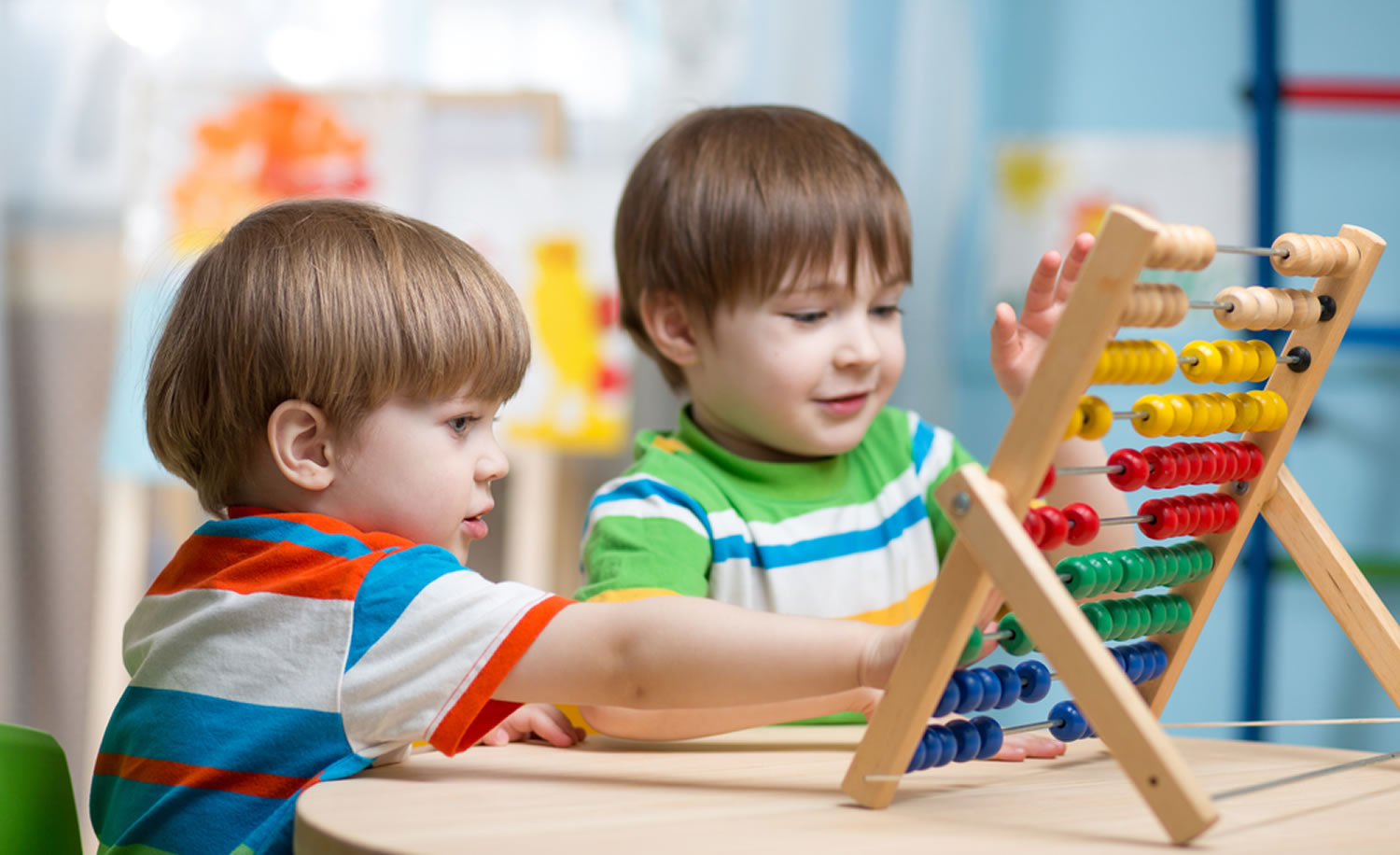Waste reduction ideas you can start now
Published on Tuesday, 31 July 2018
Last updated on Monday, 31 May 2021

According to the NSW Environment Protection Agency (EPA), the average waste bin of an early childhood service is comprised of 30 per cent food waste and 25 per cent paper, cardboard and plastic.
This means that more than 50 per cent of the contents of child care rubbish bin could be redirected away from landfill, with a few simple strategies.
If you are interested in building more sustainable practices in your service and role modelling more environmentally friendly ways of operating, for parents, children and other services, then there's plenty of easy things you can do … starting now!
Build a more sustainable early childhood service:
- Encourage parents and children to bring reusable containers for lunch and snack items.
- Encourage children to bring in reusable drink bottles, or offer them on enrolment.
- Show children how to refill the bottles and make child-height refill stations available.
- Avoid paper towels in bathrooms and toilets.
- Ask families and children to bring in nude food, rather than packaged and processed snacks.
- Improve catering stock control by menu planning and ordering exactly what is needed.
- Consider more frequent ordering of smaller quantities of fresh produce to minimise spoilage and waste.
- Seek regular feedback on menu items and serving sizes and adjust accordingly.
- Visit Love Food Hate Waste for advice and ideas on how to reduce the amount of food waste in your service..
Waste reduction strategies
- Use electronic forms of communication rather than paper notices.
- Print paper double sided.
- Buy in bulk to reduce packaging.
- Buy cleaning products and detergent in bulk and decant into smaller vessels.
- Keep your work and play areas, clean, tidy and organised and keep dry storage areas clean and free of damp.
- Check the seals on fridges and freezers to keep food fresh for longer, remember freezers should be set at 3-4 degrees and freezers minus 18 degrees or cooler.
- Rotate stock so you are always using the oldest stock first.
- Ask your local council's Environmental health Officer for advice on food storage techniques to avoid spoilage.
Think more strategically about recycling
- Ask your council for advice on how you can recycle more, think about e-waste and chemical pick up days, and seek clear advice on what can go in the recycling bin and what can't.
- Set up waste separation systems for both the kitchen and play areas.
- Use compost bins to process food waste at your service.
- Use worm farms and encourage children to feed worms their fruit and vegetable scraps. The castings and worm wee can be used to enhance the soil in flower and vege gardens.
- Organise for food waste to be collected by a commercial contractor for transport to a dedicated processing facility.
- Collect soft plastics and research where you can take them to be recycled.
- Recycle more packaging material.
- Educate all staff and contractors about your waste handling processes so everyone knows what to do.
- Install recycling signs, make the bins visible and empty them regularly.
What else can you do?
- Gain commitment and buy-in from senior managers and catering staff to reduce waste and increase recycling. Build sustainability into your policies and procedures guide.
- Appoint a staff champion to drive your waste reduction and recycling initiatives, allocate resources and time to support your nominated person.
- Seek the support and buy-in of children or families. Appoint a recycling monitor.
- Educate children about the right waste for each bin and ask them to help you check them.
- Take a whole of centre approach and ask parents and children to be involved in your waste reduction and recycling plan.
- Report back on progress and acknowledge achievements.
Reference:
NSW Environment Protection Agency: Reducing Business Waste – Preschools and Childcare Centres
Related Articles

Reduce your food waste
FeedAustralia's online meal planning resource assists early childhood education and care providers design healthier menus.

Going green improving sustainability practices in your centre
Boosting sustainbility practices in your service to lessen the effects of climate change and ensure future generations can continue to thrive.

Improve your sustainability practices now
Sustainability expert Lucy Sharman developed training for early childhood services on improving sustainability practices and building environmentally sound policies into the everyday operation of child care centres.

